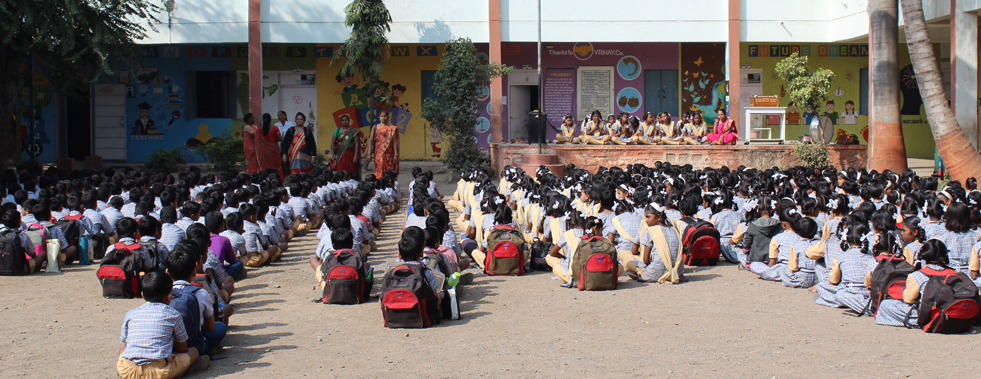ICT Enabled Education- Empowering Schools For Improved Learning Outcomes

Client: Save the Children
Location: Maharashtra
Sectors: Education
Practice: Monitoring and Evaluation
Dates Of Service: 2019
Zivanta Services: Monitoring and Evaluation
Zivanta Contact: Debarati Mukherjee
Status: Completed
Background
In recognition that our schools have poor learning outcomes and that ICT has potential for bridging the gap, Save the Children, with support from Avaya, proposed to introduce ICT based learning in 10 Zila Parishad Schools in Haveli block, Pune district. The project was initiated to improve the learning outcomes of the students through the use of ICT as an intervention. Under the project, Save the Children will collaborate with DIET to develop the E –curriculum for 4th, 5th & 6th grades in English, Environmental Science and General Science. The digital content and software application will be hosted on DIET’s server. The educational content will be relayed from the DIET office and will support the teacher-student interaction via visual online sessions. The content will be displayed in class through projectors. The project proposes to cover about 3500 students. Other than establishing the IT infrastructure, the project will train 60 SSA, DIET, SCERT faculty and 116 teachers. In addition, 120 SMC members will be sensitized.
Intervention
ICT based education has much to recommend for itself. It helps in expanding access, improving the internal efficiency of educational systems and enhancing the quality of education. Technology in education offers the following benefits to the educational community and society:
- Enhanced Learning Environment: Technology has pedagogical benefits through facilitating learners to be constructively engaged with instruction
- Generates interest in learning: Technology has the potential to make instruction easier, more challenging and motivating for teachers and the students.
- Promotes inclusiveness: Technology helps schools achieve the goal of promoting equal access to education including those with disabilities.
- Transcends locational disadvantage: Brings in connectivity for students in remote locations with the best of teaching resources, thereby providing to them a level playing field.
This report tracks the improvement in learning outcomes attributable to the project in the intervention schools and also sets the baseline for the new schools being inducted for project intervention.
Services
The assessment adopted the two-group experimental design. A two-group design involves a control group and a treatment group. The control group does not get the treatment (in this case the ICT based classes), while the treatment/intervention group gets the project intervention as planned in the project proposal. Other than the project intervention, the control groups are largely similar schools (Zila Parishad Schools located in the rural areas) to the intervention in every other way.
The selection of control group/schools was done on the basis of following points: (i) similar distance from DIET office as the intervention group, (ii) no ICT implementation, (iii) no other external organizations intervention, (iv) having similar grades as treatment group i.e. classes 1 to 7, (v) medium of instruction –Marathi & (vi) present in the same block (Haveli).
The Assessment of learning level outcomes was conducted in all the Intervention Schools and the Control Schools under the study for the Endline Assessment in December 2019. All the schools under the study were covered. FGDs were conducted with SMC members, Children’s Group and one to one interview was conducted to understand their perception of the elements of quality of learning environment including teaching methods and classroom participation. The infrastructure facility available in the schools along with the classroom dynamics, sitting arrangements, teacher learning practice,and teacher’s profile were also observed.
